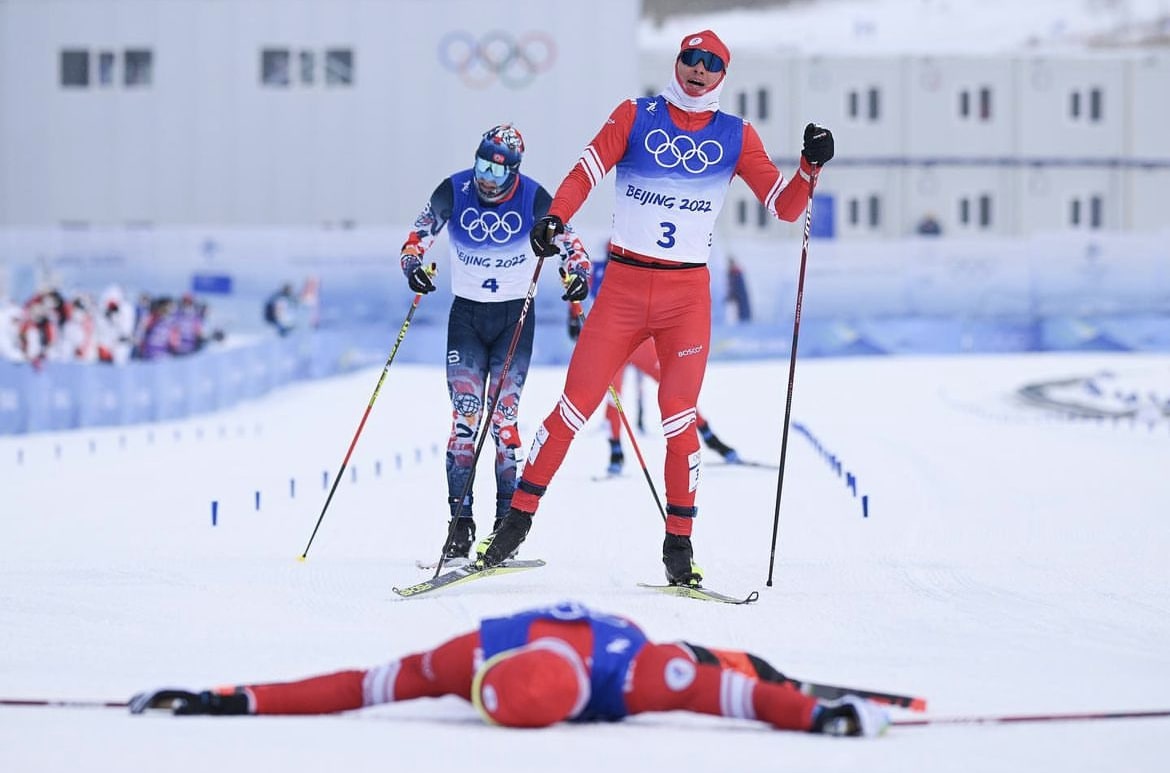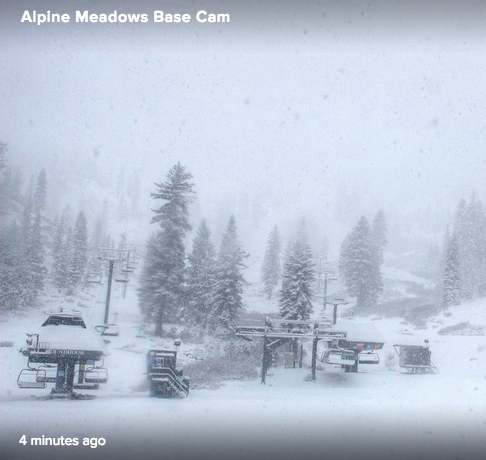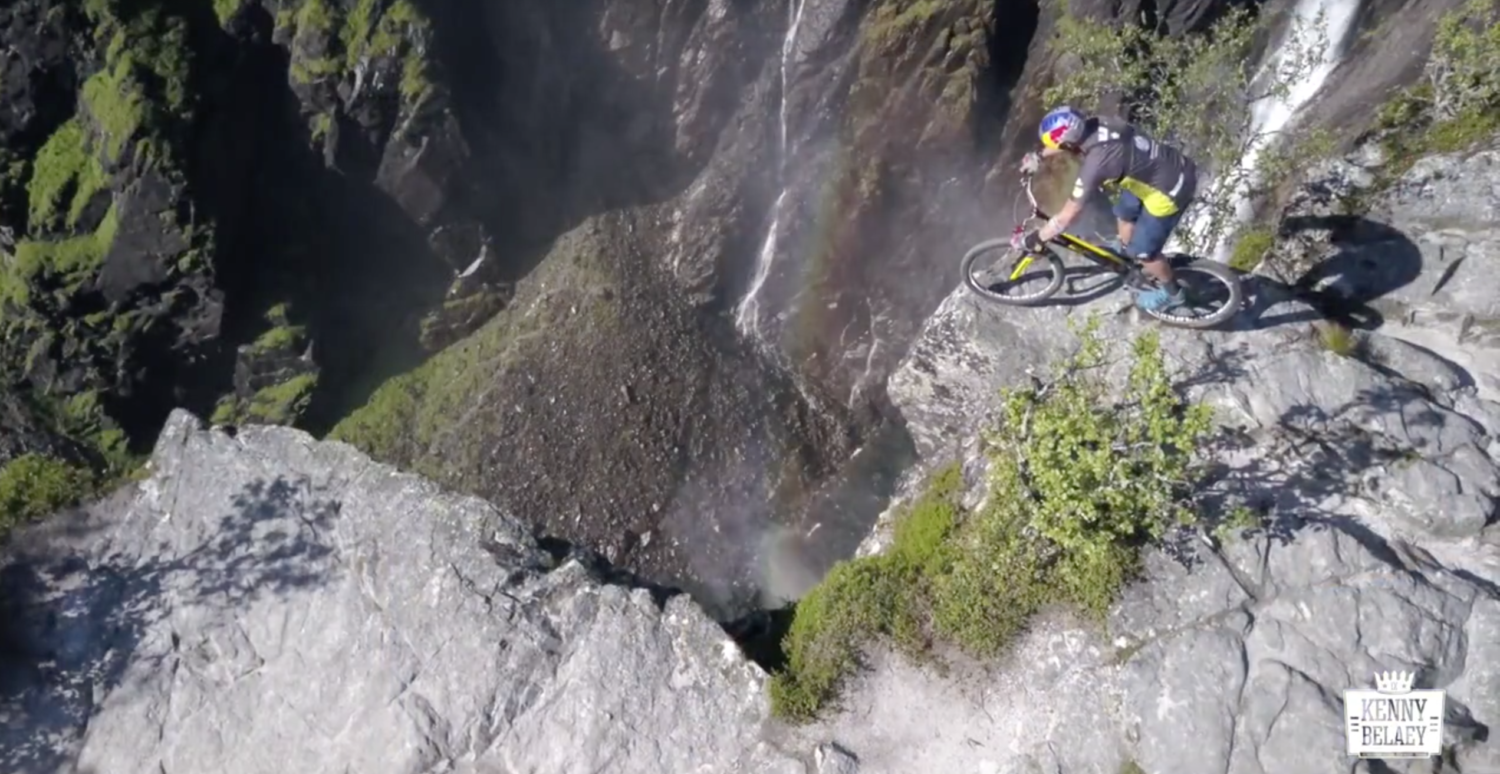
The International Olympic Committee (IOC) reaffirmed this week that Russian national teams will remain barred from participating at the next Winter Games, continuing sanctions imposed in response to Russia’s full-scale invasion of Ukraine in 2022. That means teams in iconic winter sports—including Russia’s powerhouse men’s ice hockey program—are excluded from Olympic contention. However, Russian athletes may technically be eligible to compete at the 2026 Winter Olympics in Milan-Cortina as “neutral individuals.” But with international sports federations refusing to lift competition bans, their actual path to qualification has all but vanished.
“The IOC Executive Board recommendation from March 2023 with regard to teams of athletes with a Russian passport remains in place,” the IOC said in a May 28 announcement. “It is based on the fact that, by definition, a group of Individual Neutral Athletes cannot be considered a team.”
The clarification followed reports that Russian hockey officials had engaged in informal discussions with the International Ice Hockey Federation (IIHF) over potential reinstatement. The IOC quickly squashed those hopes.
Russian athletes have not competed under their flag at a Winter Olympics since the Sochi 2014 Games, which were later overshadowed by revelations of state-sponsored doping. When it crystallized that Russian athletes had been subject to to systematic, state-sponsored doping at the 2014 Sochi Games, Russian athletes were barred from competing under their national flag in subsequent games. Since then, Russia has fielded athletes under various neutral designations — the “Olympic Athletes from Russia” in 2018, and “ROC” in 2022—but with no national anthem or symbols. Following Russia’s invasion of Ukraine in February 2022, the IOC banned athletes from Russia and Belarus from them Olympics, however subsequently adjusted its stance, permitting athletes from both nations to compete as Individual Neutral Athletes (AIN) at the Paris 2024 Summer Games, provided they meet strict eligibility criteria. These criteria exclude athletes affiliated with the military or those who have publicly supported the war. In total, 15 Russian and 17 Belarusian athletes were cleared to compete in Paris. The same system is now being proposed for the Milan-Cortina 2026 Winter Olympics.
Despite a pathway laid by the International Olympic Committee (IOC) for individual Russian and Belarusian athletes to compete at the 2026 Winter Games under a neutral banner, the reality on the ground suggests they may have no avenue to qualify at all. Following the IOC’s ban due to the invasion of Ukraine, the IOC recommended that all international sports federations bar athletes from Russia and Belarus from competition. Most major federations—including the International Ski Federation (FIS) and the International Biathlon Union (IBU)—complied, and those bans remain in place more than three years later. The resulting limbo has created a Catch-22 for Russian and Belarusian athletes. To qualify for Milan-Cortina, they would need to compete in international events sanctioned by the IBU or FIS. But those federations continue to bar them. Without World Cup points, qualifying times, or rankings, there is no pathway—even for those athletes who might pass the IOC’s neutrality test.
Olympic qualification in most winter sports is based on rankings, World Cup points, and performances at international events governed by federations like FIS and IBU. But Russian and Belarusian athletes remain barred from those very competitions. As a result, they cannot accumulate the points or results needed to earn Olympic berths, despite the IOC’s formal allowance. Behind the scenes, the IOC has been urging FIS and the IBU to lift their bans and adopt the AIN framework in time for Milan-Cortina, according to reporting from SVT and FasterSkier. IBU President Olle Dahlin confirmed that the IOC is encouraging the adoption of the Paris protocol, but said that the IBU is “not currently considering” allowing Russian or Belarusian athletes to return to competition.
In essence, there is a rule that says they can go—but no way for them to get there. This amounts to a de facto exclusion of Russian athletes from the Milan-Cortina Games, even if the IOC stops short of calling it a total ban. Unless those federations lift their bans soon, Russian participation at the 2026 Winter Olympics may exist only in theory, not in practice.





